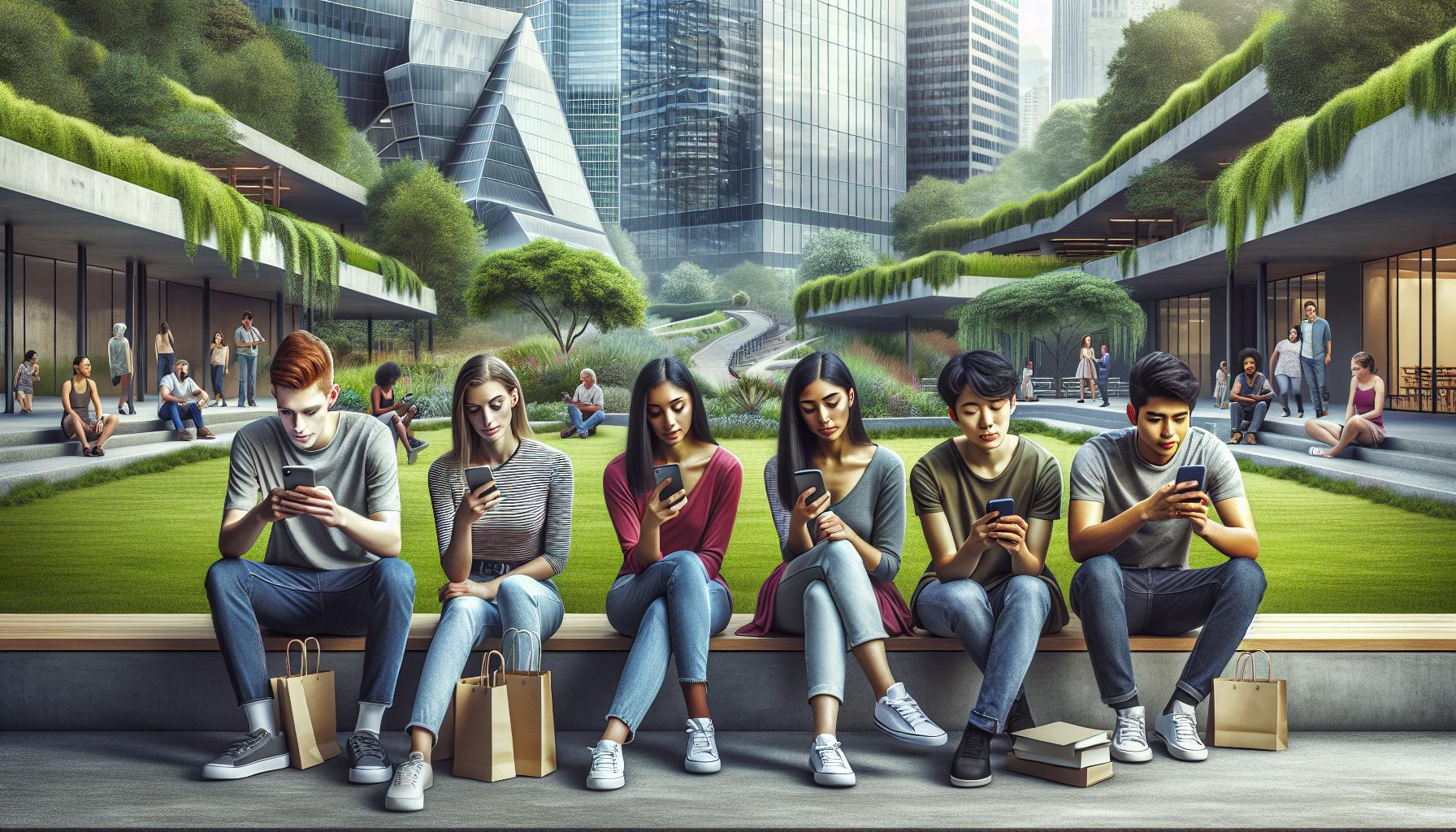In 2018, social media transformed from a fun pastime into a powerful force shaping culture, business, and even politics. As platforms evolved, so did the ways people interacted online. Memes became the new language, and influencers emerged as the modern-day rock stars, leaving many to wonder: what’s next in this digital circus?
Social Media Trends 2018
Social media platforms experienced substantial growth in social media trends 2018. Increased user engagement on platforms like Instagram and Facebook fueled an intensified focus on visual content. Video content became essential, with short videos capturing significant audience attention across platforms.
Moreover, businesses adopted social media marketing strategies that emphasized authentic and relatable connections. Influencer marketing gained traction, as brands collaborated with public figures to promote products authentically. This authenticity attracted consumer trust, resulting in higher conversion rates.
Notably, the influence of memes reshaped online communication. Users frequently shared memes, creating a viral effect that transcended typical advertising techniques. Organizations leveraged this trend to enhance brand visibility and engage with audiences compellingly.
Simultaneously, privacy concerns prompted changes in user behavior. Many users expressed caution regarding data sharing, which influenced platforms to revise privacy policies and increase transparency. As a result, more brands focused on ethical practices while building their online presence.
Engagement in niche communities remained strong. Dedicated groups around specific interests thrived on platforms like Facebook. These communities fostered deeper connections and encouraged user-generated content, further amplifying brand loyalty.
Social media trends of 2018 showcased the importance of video, authentic marketing, and community engagement. As user expectations shifted, brands adapted to meet these demands, setting the stage for future developments in the digital landscape.
Popular Platforms in Social Media Trends 2018

Social media platforms played a crucial role in shaping online interactions in 2018, with distinct characteristics defining user experiences.
Facebook maintained its status as a leading social media platform in 2018. User engagement surged, particularly among millennials, as the platform prioritized video content and authentic interactions. Brands leveraged Facebook’s advertising tools to target specific demographics effectively. Advertisers saw higher conversion rates due to enhanced marketing strategies that incorporated user-generated content. Privacy concerns influenced user behavior, prompting Facebook to update its policies and enhance transparency. Many users began gravitating toward private groups for discussions, contributing to stronger community connections. Overall, Facebook’s evolution highlighted its role as a powerful marketing tool while addressing user privacy.
Instagram emerged as a prominent platform due to its visual-centric format in 2018. The rise of influencer marketing enabled brands to collaborate with popular figures, enhancing their credibility and reach. Short videos on Stories allowed users to engage with content in new ways, fostering a sense of immediacy. Engagement metrics, such as likes and comments, reflected a significant increase as users preferred authentic storytelling over traditional advertisements. Instagram’s algorithm shift boosted content visibility for creators who prioritized quality interactions. As a result, the platform attracted a dynamic community that thrived on visual trends and user-generated content.
Twitter remained a key player in 2018 with its real-time news sharing and succinct communication style. Users utilized the platform to engage in conversations around trending topics, reinforcing its role as a source of immediate information. Brands attempted to join discussions by using hashtags effectively, attracting new audiences. Memes and GIFs gained popularity, adding humor to online interactions and increasing retweet rates. Twitter’s character limit continued to challenge users to be more creative with their content. The introduction of features like polls encouraged greater user engagement, allowing individuals and businesses to gather feedback quickly. Overall, Twitter’s focus on brevity and immediacy contributed to vibrant discussions and user interaction.
Key Trends That Emerged

Social media trends 2018 showcased significant trends that transformed online interactions and marketing strategies. Each trend highlighted the evolving landscape and how users engaged with content.
Video Content Dominance
Video content took center stage across platforms in 2018. Engagement rates for video posts surpassed static images, making brands prioritize multimedia storytelling. According to data, 80 percent of users preferred watching videos over reading text. Platforms like Facebook and Instagram shifted algorithms to favor video content. Brands adopting short, compelling videos achieved higher conversion rates and stronger audience connections.
Influencer Marketing Growth
Influencer marketing witnessed exponential growth in 2018, establishing itself as a cornerstone of social media strategy. Brands collaborated with influencers, recognizing their ability to build trust and credibility. Reports indicated that 92 percent of consumers trusted recommendations from influencers over traditional advertising. Engagement from these partnerships often resulted in significant increases in brand visibility and loyalty. This trend encouraged more companies to invest heavily in influencer campaigns.
Rise of Stories Format
The Stories format gained immense popularity, becoming a staple on platforms such as Instagram and Snapchat. These ephemeral posts offered authenticity and a more casual approach to content sharing. Users engaged with Stories more frequently due to their immersive nature, leading to a 300 percent increase in ad conversions. Brands embraced this format, using it for behind-the-scenes glimpses and time-sensitive promotions, which captured audience attention effectively.
Impact on Businesses

Social media trends in 2018 reshaped how businesses engage with consumers and allocate resources. Emphasis on genuine connections became paramount, prompting a shift in engagement strategies.
Engagement Strategies
Authenticity led brands to prioritize building trust through real interactions on social media. Community involvement became essential, as businesses started fostering dialogues instead of one-way communication. Unique content creation attracted users, with many brands embracing multimedia formats, particularly video. Brands that harnessed influencers effectively reached niche audiences, as personal recommendations influenced purchasing decisions. Additionally, responding promptly to customer inquiries demonstrated attentiveness, solidifying brand loyalty.
Ad Spend Changes
Increased competition in the social media landscape resulted in significant changes to ad spending. Marketers redirected budgets to platforms showing the highest engagement, primarily Instagram and Facebook. Brands allocated more resources to video advertisements, as these consistently outperformed static content. Paid promotions targeting specific demographics became a standard practice, enhancing ROI. As privacy concerns rose, transparency in advertising practices became crucial for maintaining consumer trust.
Changing Digital World
The social media landscape in 2018 marked a pivotal shift towards more engaging and authentic interactions. As video content took center stage and influencer marketing became mainstream, businesses adapted their strategies to foster genuine connections with consumers. The rise of memes and the popularity of platforms like Instagram and Facebook reshaped how brands communicated with their audiences.
These trends not only influenced marketing tactics but also highlighted the growing importance of community engagement. As social media continues to evolve, the lessons learned from 2018 will undoubtedly guide future strategies, emphasizing the need for authenticity and creativity in a rapidly changing digital world.

